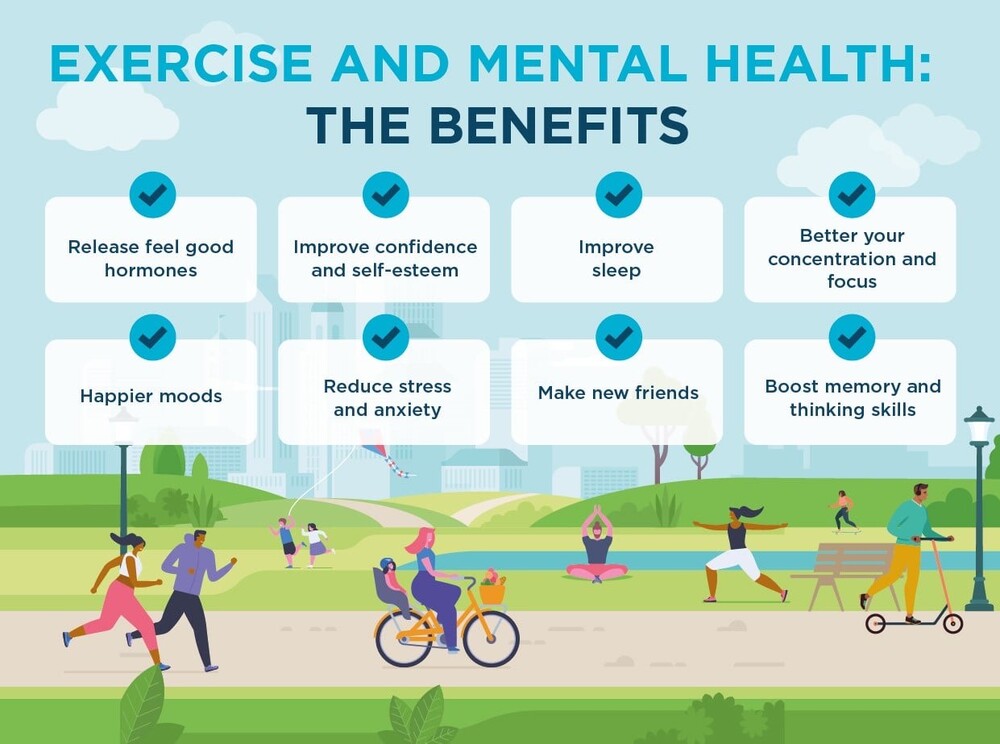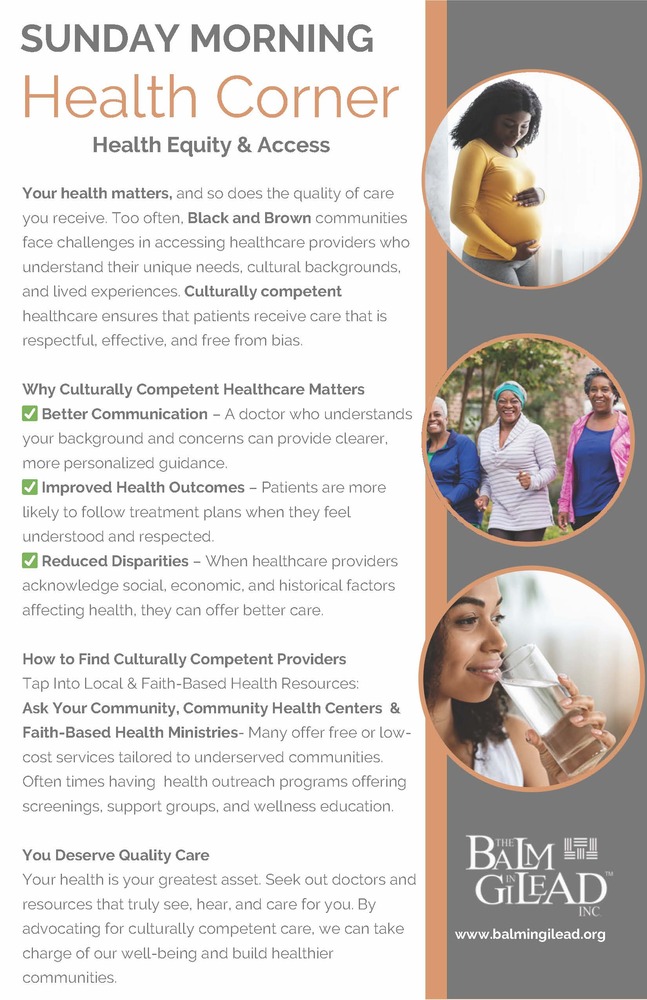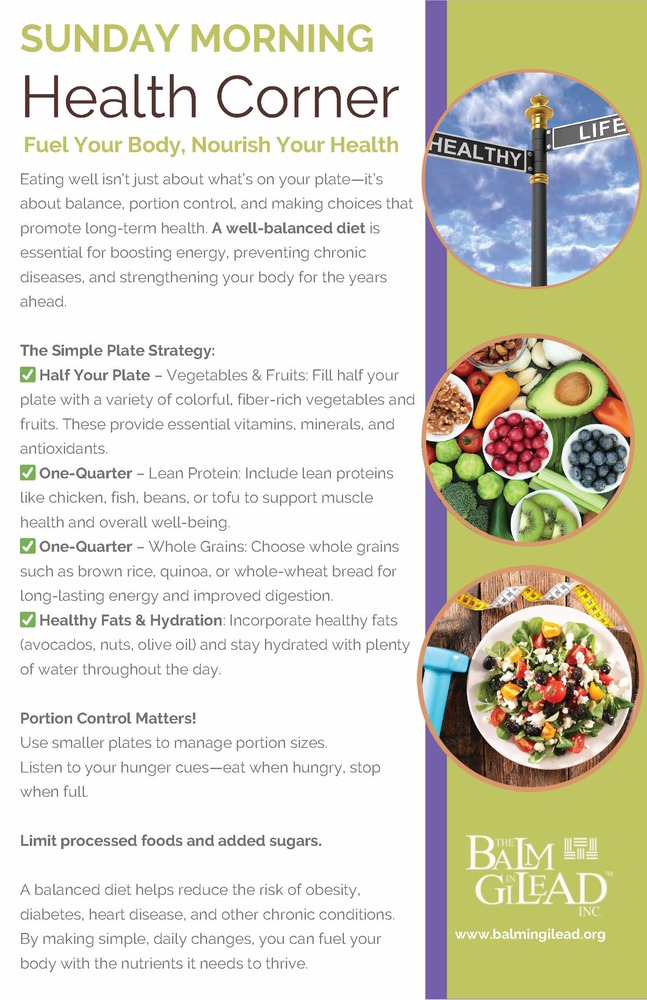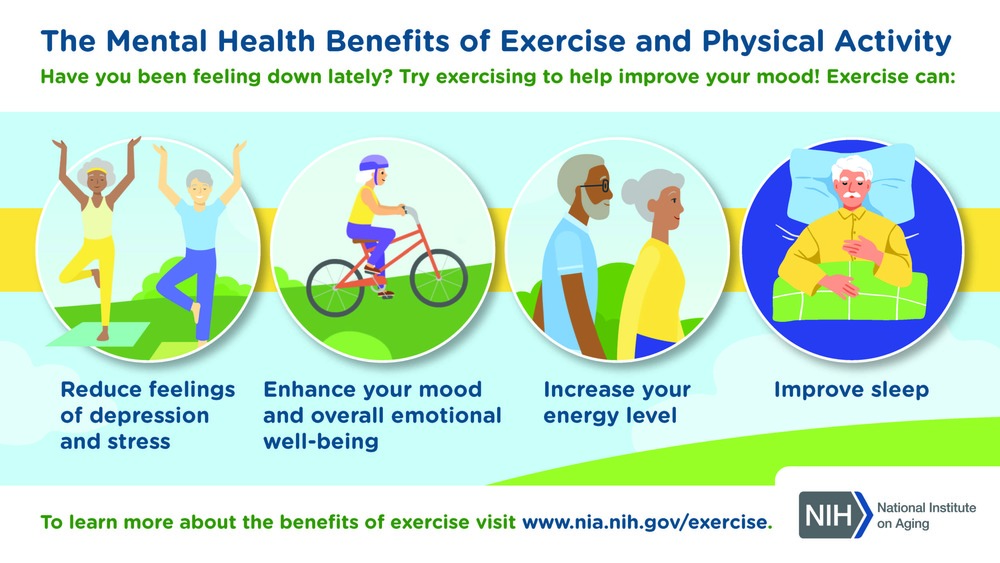Health Education Resources
- Details
- Category: Health Education Resources

When it comes to boosting your mental well-being, exercise is now established as one of the most potent tools you can wield. You might think of your workouts primarily as a way to improve your physical health, but they offer an incredible range of benefits for your mind as well.
If you haven’t been active for a while, it’s tempting to dive in headfirst. Resist that urge! Begin with short, manageable sessions and gradually increase their duration and intensity. This method not only safeguards you physically against injury but also ensures that exercise doesn't become a dreaded task or mentally break you.
Exercise isn't restricted to the gym. Take short breaks to stretch, opt for stairs over elevators, or have 'walking meetings'. Embrace any opportunity to move. Most smartphones or watches have built-in pedometers to help you get those steps in, as a minimum baseline measure of physical activity.
Understanding the reason behind your fitness journey can serve as a potent motivator. Whether it's achieving a particular physique, improving your mood, or managing stress, your "why" is your compass, guiding you on days when motivation runs low. Whatever that may be don’t allow anyone to belittle your why, as it needs to motivate you, and nobody else.
- Details
- Category: Health Education Resources
Every year in March we celebrate Women’s History Month. This year’s theme is “Moving Forward Together! Women Educating & Inspiring Generations.” This theme celebrates the collective strength and influence of women who have dedicated their lives to education, mentorship, and leadership. Through their efforts, they have served as an inspiration for all generations — both past and present.
An area that demands our immediate and continued attention is that of health policy. The laws, and funding attached to them, that can change our access to care and the quality of our lives. The new administration has already identified several areas that should concern us given our already poor health outcomes in critical areas.
2025 will mark a major inflection point in health policy. Over the past four years, among many other changes, the nation rebounded from a once-in-a-generation pandemic; the uninsured rate reached a record low — with record enrollment across Medicare, Medicaid, and the Affordable Care Act marketplaces; Medicare beneficiaries began to see savings on prescription drugs; overdose deaths dropped; and women lost the right to reproductive choice under the US Constitution, leading to abortion bans in more than 20 states less than three years since the Supreme Court overturned Roe v. Wade. (Source: California Health Care Foundation)
So, no matter the issue that most concerns you, we must be united in our efforts and resolve to combat the forces that would make anyone in our community less well. What harms one of us harms us all. Let’s link arms and prepare to defend our rights for the health care we deserve…and have earned!
“I am no longer accepting the things I cannot change. I am changing the things I cannot accept.”
-Angela Davis, feminist activist, philosopher, academic, and author




